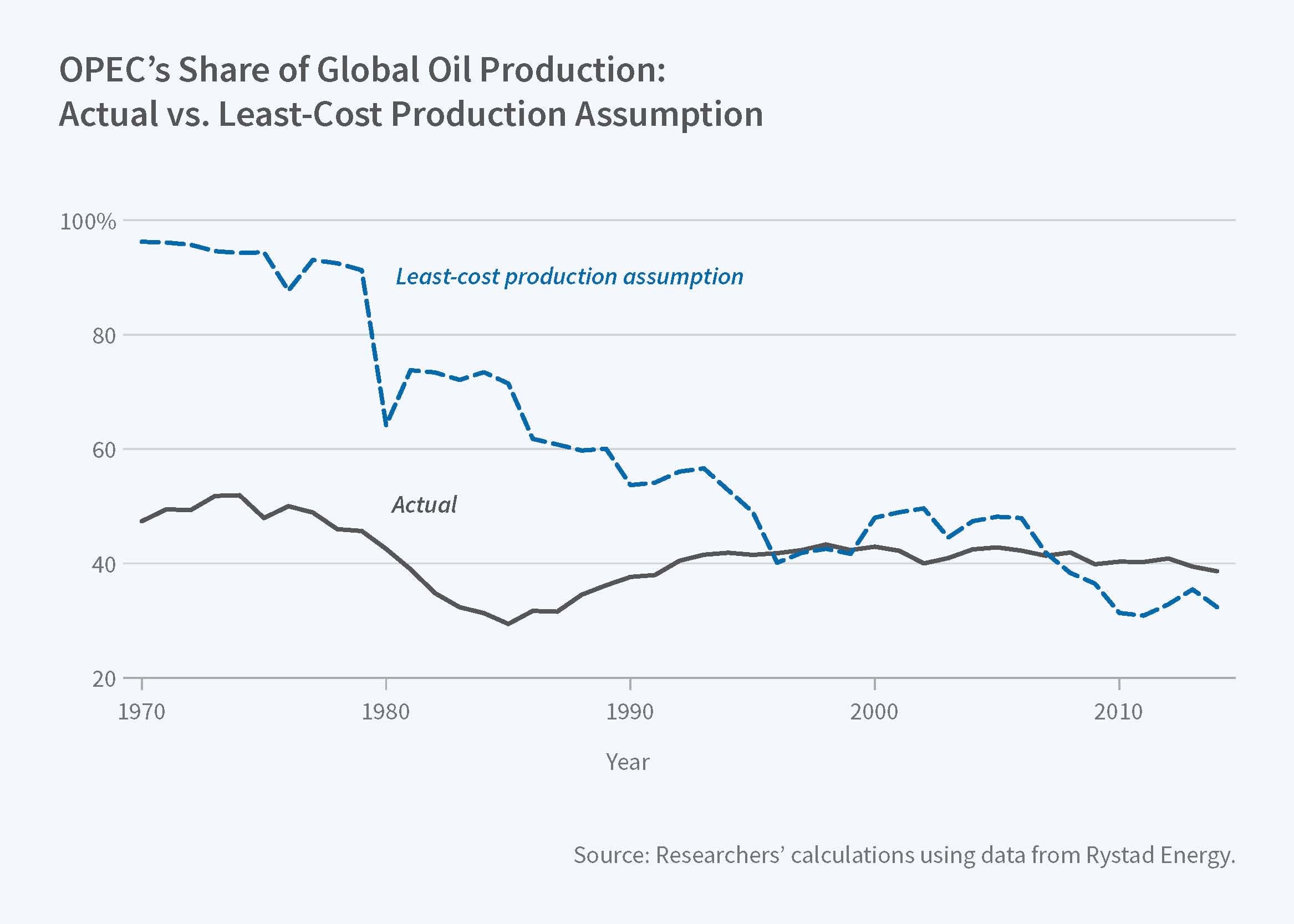The decision by OPEC+, the world's leading oil producer alliance, to gradually raise output has ignited fresh debate about the future course of oil prices. The group, which includes major producers like Saudi Arabia and Russia, had previously implemented production cuts to prop up prices in the wake of the pandemic-induced slump. However, with global oil demand on the rise as economies reopen, OPEC+ is looking to cautiously reintroduce some of the withheld supply.
This move has sparked a divide amongst market analysts regarding its impact on prices. Proponents of the production hike argue that it is a necessary step to meet recovering demand without causing significant price spikes. They point to the ongoing war in Ukraine, which has disrupted energy supplies and driven prices higher, as a crucial factor. Increased OPEC+ output, they reason, would help to alleviate some of the pressure on the market by injecting more barrels into the system.
On the other hand, some analysts express concern that the production increase could lead to a glut of oil, causing prices to tumble. They highlight the potential for a global economic slowdown, which could dampen demand growth for oil. Additionally, the ongoing shift towards renewable energy sources raises questions about long-term oil demand and the potential for a peak in oil prices.
The trajectory of oil prices will also depend on several external factors beyond OPEC+ control. Geopolitical tensions and potential supply disruptions in major oil-producing regions will continue to influence prices. Additionally, the effectiveness of sanctions on Russian oil exports remains a significant unknown. If these sanctions are eased or become less effective, it could lead to a significant increase in Russian oil supply, further impacting prices.
The response of major oil consumers, particularly the United States, will also be crucial. The U. S. has been pressuring OPEC+ to increase output to address rising gasoline prices at home. However, the Biden administration might take further actions to curb oil prices, such as tapping into the Strategic Petroleum Reserve, if they deem the OPEC+ hike to be insufficient.
The global oil market is currently in a state of flux, with numerous factors vying for influence. OPEC+'s decision to raise output has injected a fresh layer of uncertainty into the price equation. While the move is intended to address the current supply-demand imbalance, its ultimate impact on prices hinges on a complex interplay of global economic conditions, geopolitical developments, and the evolving energy landscape.

